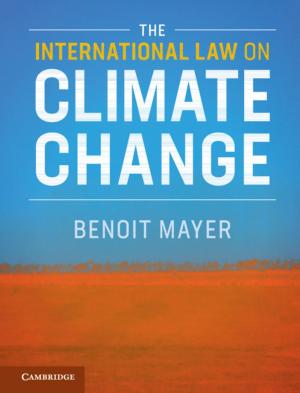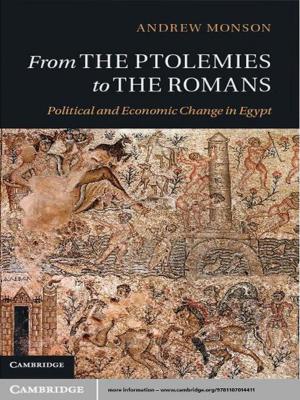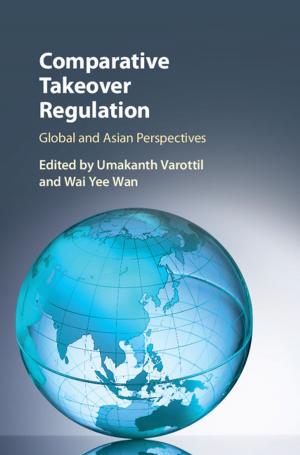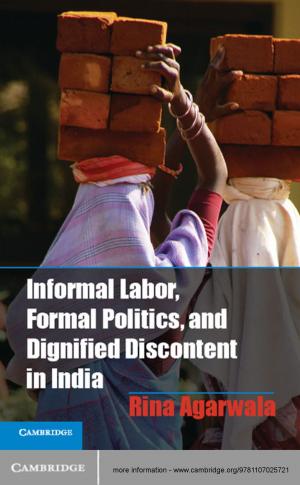Nepal in Transition
From People's War to Fragile Peace
Nonfiction, Reference & Language, Law, International, Social & Cultural Studies, Political Science| Author: | ISBN: | 9781139365819 | |
| Publisher: | Cambridge University Press | Publication: | March 12, 2012 |
| Imprint: | Cambridge University Press | Language: | English |
| Author: | |
| ISBN: | 9781139365819 |
| Publisher: | Cambridge University Press |
| Publication: | March 12, 2012 |
| Imprint: | Cambridge University Press |
| Language: | English |
Since emerging in 2006 from a ten-year Maoist insurgency, the 'People's War', Nepal has struggled with the difficult transition from war to peace, from autocracy to democracy, and from an exclusionary and centralized state to a more inclusive and federal one. The present volume, drawing on both international and Nepali scholars and leading practitioners, analyzes the context, dynamics and key players shaping Nepal's ongoing peace process. While the peace process is largely domestically driven, it has been accompanied by wide-ranging international involvement, including initiatives in peacemaking by NGOs, the United Nations and India, which, throughout the process, wielded considerable political influence; significant investments by international donors; and the deployment of a Security Council-mandated UN field mission. This book shines a light on the limits, opportunities and challenges of international efforts to assist Nepal in its quest for peace and stability and offers valuable lessons for similar endeavors elsewhere.
Since emerging in 2006 from a ten-year Maoist insurgency, the 'People's War', Nepal has struggled with the difficult transition from war to peace, from autocracy to democracy, and from an exclusionary and centralized state to a more inclusive and federal one. The present volume, drawing on both international and Nepali scholars and leading practitioners, analyzes the context, dynamics and key players shaping Nepal's ongoing peace process. While the peace process is largely domestically driven, it has been accompanied by wide-ranging international involvement, including initiatives in peacemaking by NGOs, the United Nations and India, which, throughout the process, wielded considerable political influence; significant investments by international donors; and the deployment of a Security Council-mandated UN field mission. This book shines a light on the limits, opportunities and challenges of international efforts to assist Nepal in its quest for peace and stability and offers valuable lessons for similar endeavors elsewhere.















